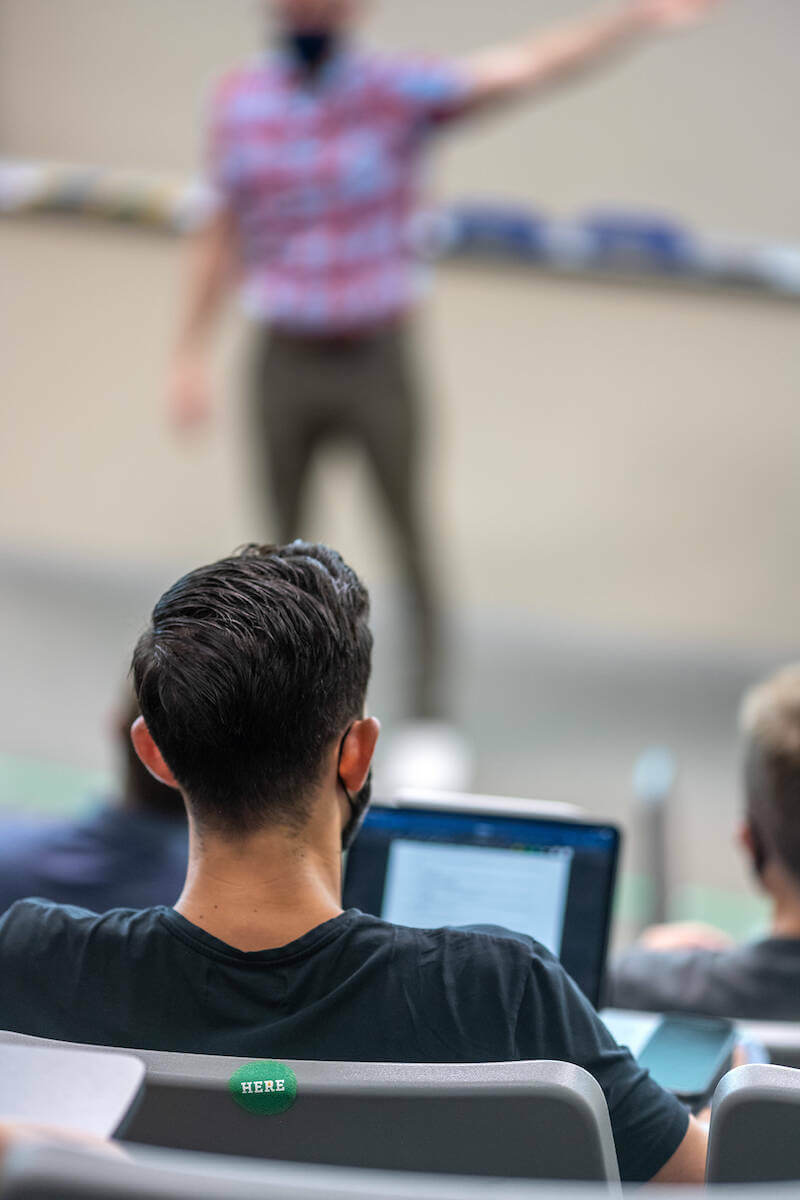Auxiliary Aids and Services
What are auxiliary aids and services?
Auxiliary aids may include, but are not limited to, note-takers; the presentation of course materials in alternate, accessible formats; or assistive technology.
How can I obtain auxiliary aids and/or services?
- Qualified students must meet with their assigned Access Consultant to request an auxiliary aid. Through the intake process your Access Consultant will determine if the requested accommodation is necessary. Auxiliary aids and services need only be effective, and in some cases the student may be provided with an aid or service that differs from what was requested, so long as it still effectively accommodates the disability.
- In most cases, SBAS staff will be able to provide the needed aid or service without informing the student’s instructor of the student’s need for or use of the aid or service.
- Occasionally, your Access Consultant may need to consult with the student’s instructor or other officials to determine if the requested auxiliary aid or service is reasonable. In such instances, a representative from the student’s college or school may be designated as a facilitator to help the student navigate this interactive process.
- In all cases, SBAS staff must make a final or interim decision on whether to grant the requested aid or service within 10 days of receiving the student’s request for the accommodation.
What if my instructor does not want to approve the requested aids or services?
If your instructor feels the identified aids or services will fundamentally alter the nature of your course or program, then the instructor must discuss their concerns with SBAS staff and the instructor’s Dean. If the instructor’s Dean is asked to make a decision as to whether to grant the required aids or services, the Dean’s determination shall be final.
